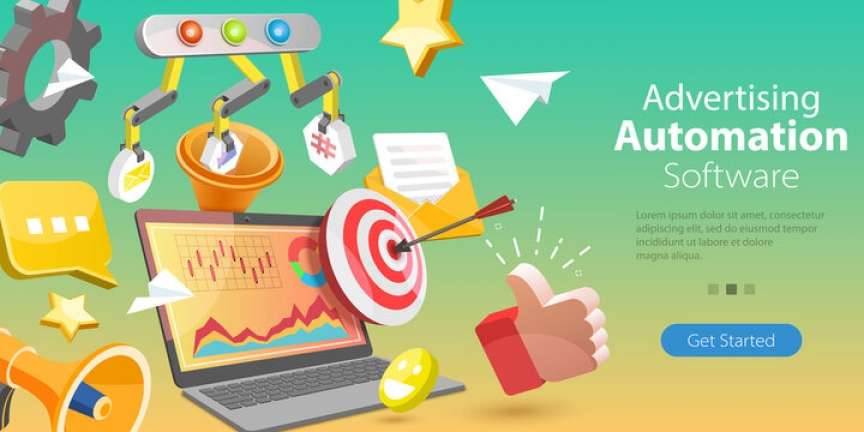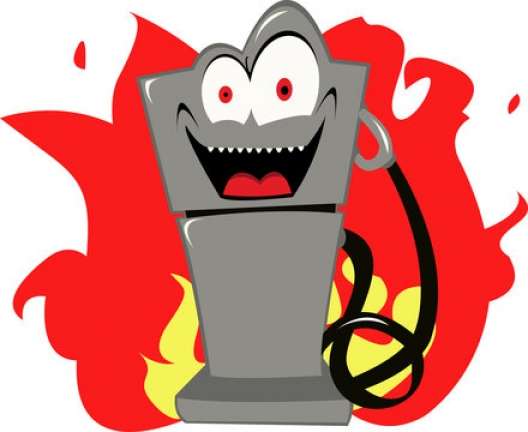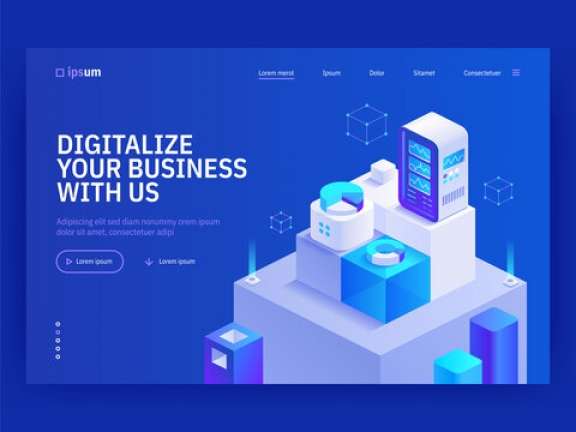Introduction:
A sophisticated company management solution, such as a POS software development system, is essential for any small business owner, whether they are in retail, food and beverage, or service. And you’ve undoubtedly heard the phrase POS (point-of-sale) before. So, what are the benefits of a point-of-sale system? Is it required to have one for your small or medium-sized business?
Take it from us when we say that the necessity of a POS system in business cannot be overstated. Over the last 20 years, the growth and advancement of point of sale systems (or ePOS) have been fast, helping the retail, leisure, and hospitality industries by combining cloud services, smartphones, and a plethora of other valuable features aimed at boosting your bottom line.
What’s a POS system?
A POS, or point-of-sale system, is a software and hardware combination used to centralize business operations. The point-of-sale is the location where the sale takes place. A point-of-sale system is nothing more than a hulked-out Jarvis checkout counter with a lot of power. If Tony Stark had a physical store, he’d have a POS system. So you should as well! A contemporary POS system is capable of more than just processing sales transactions;
- A contemporary POS system is capable of more than just processing sales transactions;
- Manual chores should be automated.
- Assist you in the management of your staff, inventory, and customers.
- And more!!
All of this is done so that you, the business owner, can make intelligent, data-driven business decisions that will help you boost your sales.
Why your business needs a POS system?
Ultimately, the goal of POS systems is to maximize sales, which they achieve in various ways. Several game-changing benefits might be included, but we’ve limited ourselves to the five most important reasons your organization requires a POS system. Hopefully, this will assist you in determining whether a modern POS system is the proper investment for your company.
POS systems allow you to save both time and money
If the old saying’ time is money,’ your company’s profitability can skyrocket after using a POS system. This is because you may improve your efficiency in many aspects of your organization, not simply sales. Even a 10% increase in efficiency in your operations procedures due to adopting a POS system may have a significant influence on your bottom line.
Using an efficient POS in your business may help you become more cost-conscious. It can be a fantastic incentive in helping your workers meet individual sales targets and objectives and identifying areas where sales can be improved.
Enhance usability and functionality
A POS system may significantly improve the functioning of your organization. One of the primary methods is to use a cloud-based system that allows you to operate the business and receive reports and essential data from any place and on any device. However, employees can only use a POS system’s helpful capabilities if it is simple to use. Unlike conventional cash registers, which were not developed with simplicity of use in mind, POS systems are intended to be as beneficial to businesses in specific industries as feasible.
Reduce employee theft and mistake
POS software development systems take care of a lot of the grunt work for employees and management. They can not only compute all kinds of sales-related activities, but they can also hold IT staff accountable and determine which are performing best.
They can also decrease error: if you are manually calculating stock takes or orders, your firm is vulnerable to avoidable mistakes made by your human workers. This wouldn’t be an issue if it happened only once a day, but the total may pile up when several errors go unnoticed.
Obtain real-time statistics and reports from your point-of-sale system
You cannot manage a profitable business only on intuition and understanding. To establish effective plans and make sound business decisions, you need precise figures and data. Consider this:
- Without any data: You order 1,000kg of beef because you believe you will require more this week. You end up overspending and squandering money.
- Using data: Your report informs you that you must order 450kg of beef this week. You spend your money wisely and only buy what you need.
A POS system, such as StoreHub, may provide you with real-time data, allowing you to make quick and wise business decisions to help improve sales and profit. All of the information you want is saved in the system, so you do not need to manually check to see if your best-selling item is still available. The analytic functions of a POS system, such as StoreHub, may provide you with relevant information such as:
- best selling items
- worst-selling items
- peak hours
- off-peak hours
- low stock count
- and more!
Based on the statistics provided by your system, you may then evaluate which goods require restocking, further marketing efforts, or whether to conduct off-peak hour discounts to enhance sales.
Enhance the client journey
The implementation of a POS system can significantly improve the customer experience. This is accomplished via tools such as customer ordering and inventory management, which allow for product look-up and order to a store from other franchise locations. A cloud-based POS system also allows your staff to conduct customer service and sell things straight from the shop floor using a mobile device – such as an iPhone or iPad – which then feeds back to all other sections of your system.
When opposed to establishments that would have to hunt up answers without that context every time, the finest POS systems will record thousands of current customer inquiries, allowing other customers who have the same problems or queries to be addressed more efficiently and quickly.
24/7 data access
Some POS software development systems are cloud-based, while others are installed on a server in-house. However, the on-site POS system is prone to several dangers, including data loss, inventory tracking issues, and the likelihood of errors, among others. Alice POS is a cloud-based point of sale that enables you to access your data from any location and with more security.
You may view your data from anywhere and anytime by logging into your administrator account on a POS system. Even if you are not in the office, you can keep track of your company’s activities in real-time. Natural calamities like floods and fires are also less likely to disrupt your data. This allows you to monitor and control your shop’s activities even when not present.
Automates tasks
Automation is a terrific way to increase your organization’s productivity and accuracy. If you choose the right POS, you may automate employee scheduling and inventory management activities. You may configure your system to warn you of a supply deficit or when employees are approaching overtime. This reduces a portion of the time-consuming task of maintaining track of stock levels and aids in the avoidance of costly issues such as stockouts and excess dead stock.
Setting low-stock alarms, creating automated buy orders, and utilizing online buying channels will help you save even more money. Some POS systems will include advanced capabilities such as predictive analytics and vendor management.
Conclusion
Finally, POS software development systems enable tiny, independent retailers and restaurants to operate as efficiently as larger enterprises. The advantages of a point-of-sale system may outweigh your expectations. Choose the right point-of-sale system and watch your sales soar!















